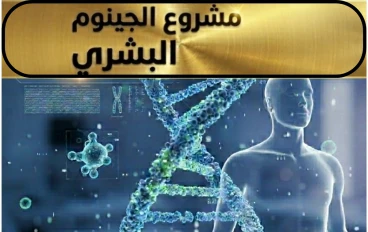
“The Digital Revolution in Medicine: How Smart Diagnosis is Changing the Future of Healthcare?”
With the rapid advancement of technology, healthcare systems around the world have begun to embrace digital medicine and smart diagnosis. This trend is an important development aimed at improving the quality of healthcare, making it more effective and accurate. In this article, we will discuss how digital medicine and smart diagnosis can change the healthcare landscape and improve the lives of millions.
# What is digital medicine?
Digital medicine refers to the use of digital technology to improve healthcare services. This includes medical applications, smart devices, and electronic health records. Digital medicine allows patients to access healthcare in ways that were not possible before, such as online medical consultations and home monitoring.
# Smart diagnosis
Smart diagnosis relies on artificial intelligence and machine learning technologies to analyze medical data and accurately diagnose diseases. These technologies can identify patterns that are invisible to humans, which contributes to detecting diseases in their early stages and improving the chances of treatment.
# Benefits of digital medicine and smart diagnosis
1. **Diagnostic accuracy**: Smart diagnosis can analyze huge amounts of data quickly and accurately, which contributes to identifying diseases more accurately than traditional methods.
2. **Immediate availability**: Digital medicine provides access to healthcare around the clock, from anywhere in the world, improving the chances of receiving timely treatment.
3. **Personalization**: Digital technologies can customize treatment based on individual patient data, increasing the effectiveness of treatment.
4. **Efficiency**: These technologies help reduce the time and resources required for diagnosis and treatment, improving the efficiency of the healthcare system in general.
5. **Education and awareness**: Medical applications help patients better understand their health condition and provide them with the information and advice they need to improve their health.
# Practical applications
1. **Wearable devices**: Such as smart watches that measure pulse, blood pressure, and blood oxygen levels, and provide this data instantly to the doctor.
2. **Telemedicine**: Online medical consultations allow patients to access healthcare without the need to visit a doctor in person.
3. **Electronic health records**: Facilitate the exchange of information between different healthcare providers, ensuring good coordination and improving patient care.
4. **Machine Learning in Radiology**: Analyzing medical images such as X-rays and MRIs to identify diseases faster and more accurately.
# Challenges
Despite the great benefits of digital medicine and smart diagnosis, there are some challenges that must be addressed:
1. **Data Protection**: Maintaining the privacy and security of medical data is a major challenge.
2. **Cost**: These technologies require significant investments to develop and implement.
3. **Integration**: The challenge of integrating new technologies with existing healthcare systems.
4. **Training and Education**: The need to train healthcare workers to use these technologies effectively.
Digital medicine and smart diagnosis represent a paradigm shift in the field of healthcare, with enormous potential to improve diagnosis and treatment. Despite the challenges facing this field, the future looks promising thanks to continuous innovations and technological advancements. If the use of these technologies continues to expand, they will contribute significantly to improving the quality of life for patients around the world.

































